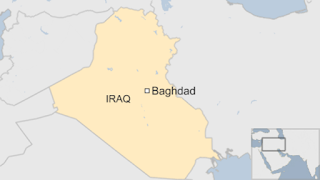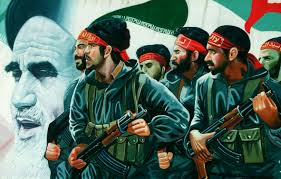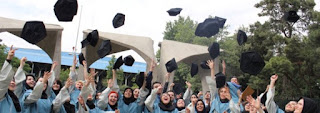January 2016
In the past
37 years since the regime in Iran rose to power, I can say that the Middle East
has been suffering from an intellectual and political tumor spreading its roots
each day. The name of this illness is the terrorism cancer. Unfortunately,
Western countries, with the United States leading the pack, have
for short-term economic interests allowed this regime spread its influence
across the region, especially in Iraq, Syria, Lebanon, Bahrain, Kuwait and
others. Parallel to covertly expanding its roots across the Middle East, Iran
has been quite busy taking steps towards obtaining nuclear weapons to maybe
lift its flag of Islamic empire across the region.



















